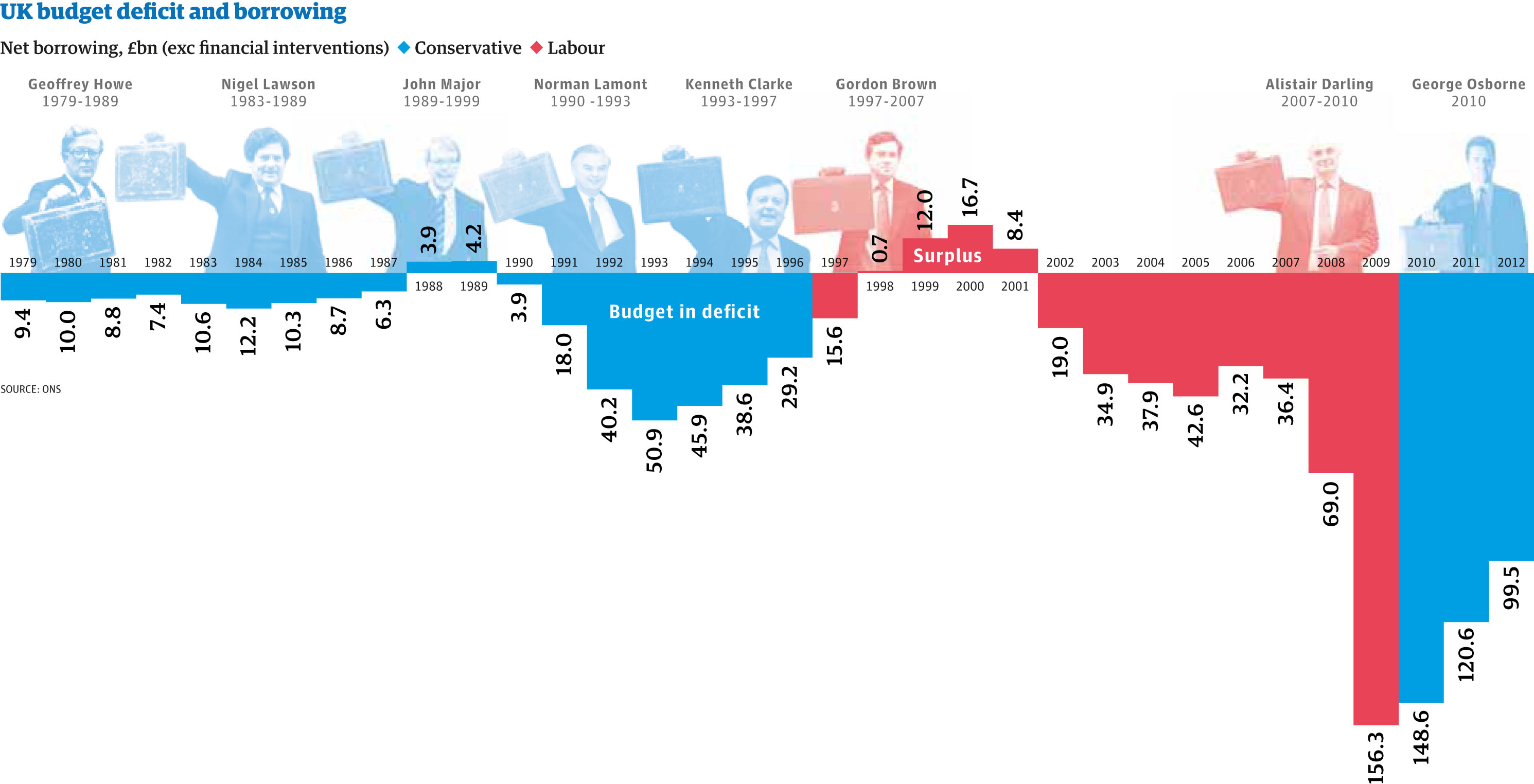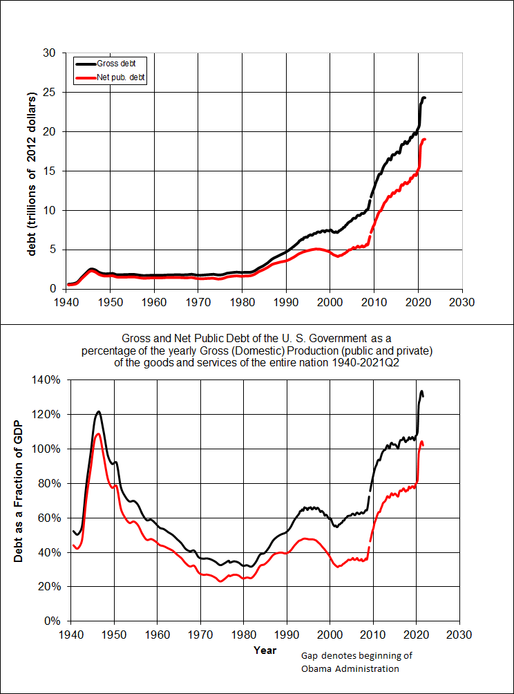potatokiosk
Deity
- Joined
- Dec 22, 2005
- Messages
- 2,292
it's one set of terms, because in another macro econ nomenclature I=S inherently.. buuuuut
But the point is that if G=T, and Im=Ex, then there is no private market investment... I think there's a problem there. Since this is measured in GDP aka dollars, it means money. The private sector, aka investment, can't print its own money so that means it goes bankrupt. Meanwhile that doesn't help the government because the government already has an infinite bank account.
So if you want private sector investment then government has to run a deficit. Aka print new money to meet the expanded quantity of the economy to maintain prices. Government errs on the side of inflation since it's very hard to be precise and demand-side deflation is very bad.
Anyway, fascists aren't very good economic planners but like the George Bush economy, accidentally big deficits are better than none at all.
Why can't the central bank print money and buy securities from the private sector to increase the money supply?




 But let's think for a second, what kind of private assets do you want the central bank to buy? The central bank has to then buy assets at the right price and at the right quantity to not suck real assets out of the economy into the dungeon hoard that is "government savings", while providing enough money units so that industry can operate without a shortage.
But let's think for a second, what kind of private assets do you want the central bank to buy? The central bank has to then buy assets at the right price and at the right quantity to not suck real assets out of the economy into the dungeon hoard that is "government savings", while providing enough money units so that industry can operate without a shortage.

